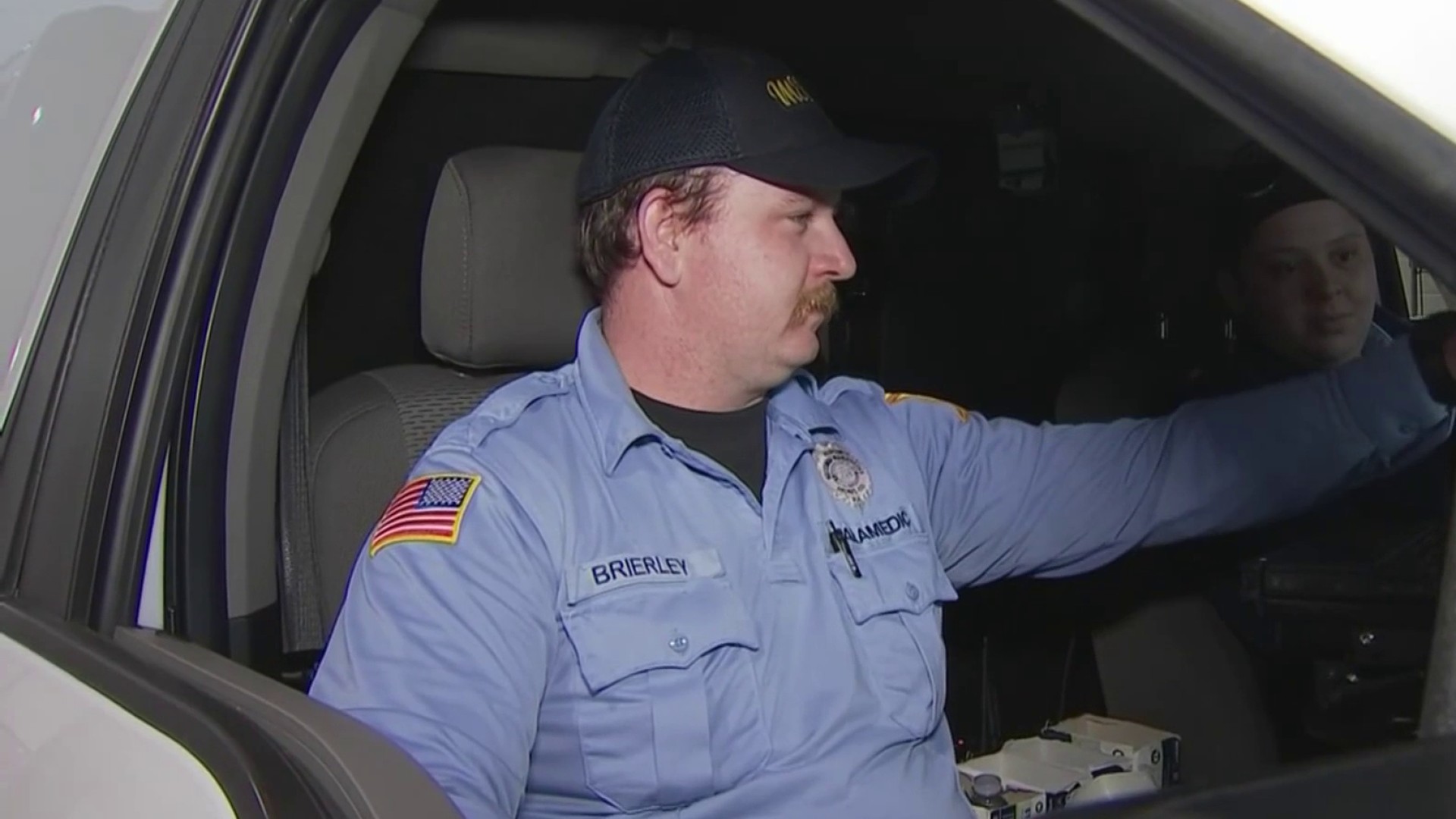What to Know
- Lawmakers in Pennsylvania, New Jersey and Delaware enacted hundreds of new laws for 2019.
- Some of the best-known crack down on DUIs, gun possession by people convicted of domestic violence and beach smoking.
- But other laws will make it easier to catch speeders around school buses and for low-income people to pay for prescriptions.
Lawmakers in Pennsylvania, New Jersey and Delaware passed hundreds of new laws for 2019, affecting everything from the minimum wage in the First State to speeding around school buses in Pennsylvania.
Here are some of the highlights.
(Jump to: Pennsylvania, New Jersey, Delaware)
Repeat DUI charges:
Legal consequences for repeatedly driving under the influence in Pennsylvania have become much more severe under a new law.
Local
Breaking news and the stories that matter to your neighborhood.
Legislation passed in October by the General Assembly and signed by Gov. Tom Wolf established the state's first felony for DUI. The new law went into effect Dec. 23.
It applies when someone has been charged with a third offense in a decade with at least twice the legal limit for alcohol, or any fourth-time offender. Pennsylvania law sets the legal limit for driving at 0.08 percent.
Previously, all DUI offenses in Pennsylvania had been treated as misdemeanors, which carry lighter penalties and fewer other consequences.
"What we think will happen is that people are going to have another reason not to drive impaired against after the first time," Chris Demko of Pennsylvania Parents Against Impaired Driving told Pennlive.com.
Demko's 18-year-old daughter was killed by a repeat DUI offender four years ago.
The new law also mandates longer jail time for those who unintentionally cause someone's death because of a repeat DUI violation.
‘Clean Slate’ law:
Also in 2019, people in Pennsylvania who have misdemeanors on their records from long ago are getting a new opportunity to have those records sealed.
That means potential employers, landlords and others won’t be able to see the charges.
Until June, people will have to file a petition to have their records cleared. But the hope is that the process would be automatic after that.
Domestic anti-violence:
People convicted of misdemeanor crimes of domestic violence or subject to protective orders are now required to give up their guns within 24 hours of the conviction. And the guns can’t go to a friend – they must go to police, a gun dealer or lawyer.
Anti-hazing law:
Following the death of Timothy Piazza in a Penn State fraternity house in February 2017, lawmakers increased criminal penalties for hazing. Courts can even to confiscate fraternity houses where hazing has occurred, The Morning Call reported.
Hazing incidents that result in severe injury or death are now classified as felonies.
Speeding around school buses:
Another new law in Pennsylvania would help schools fund cameras on the outside of school buses, so they can catch anyone speeding by a stopped bus.
No more smoking on beaches:
Democratic Gov. Phil Murphy signed the bill banning smoking at the state's public beaches and parks in July, though local communities can opt out and designate small smoking sections.
The law takes effect Jan. 16.
The law doesn't specify who will be responsible for enforcing it. Murphy said it shouldn't be lifeguards, but he left it up to towns to decide. Senate President Steve Sweeney, who sponsored the bill, said lifeguards or local police could be called on to enforce the ban.
The ban also bars vaping but allows towns to set up smoking areas on 15 percent of any given beach or park. Smokers will also be allowed to light up in parking lots.
Health insurance mandate:
Murphy and the Democrat-led Legislature enacted a state law requiring health care coverage.
The legislation was in response to a 2017 federal tax overhaul that wiped out the Affordable Care Act's mandate to carry insurance.
The New Jersey law takes effect New Year's Day.
The law's sponsors said the requirement will keep health insurance markets afloat.
Residents face a penalty of 2.5 percent of income or $695 per taxpayer, whichever is greater. A family's maximum penalty is $2,085.
Roughly 800,000 have insurance through the Affordable Care Act and the expansion of Medicaid.
Transgender birth certificates:
Under a new law that takes effect Feb. 1, it will now be easier for New Jersey transgender residents to change their genders on their birth certificates.
Murphy signed the bill in July.
Previous law allowed birth certificate changes only if a doctor certified that a person's sex was surgically changed.
The new law allows the registrar to amend certificates based on how people identify themselves, as male, female or undesignated.
Former Republican Gov. Chris Christie had twice vetoed the legislation, saying he wanted tighter safeguards for birth certificate alterations.
Higher minimum wage:
Delaware's minimum wage is increasing again, going from $8.25 to $8.75.
A training minimum wage and a youth wage that is not more than 50 cents less than the minimum wage rate will also take effect.
Sexual harassment training:
A new law requires the Delaware Department of Labor to create an information sheet pertaining to sexual harassment that employers must distribute to employees. Employers having 50 or more employees also will be required to provide sexual harassment training to all employees and supervisory employees every two years.
Training for new employees must be held within one year of hiring, and every two years afterward. Training for existing employees must be held within one year of the new law taking effect, and every two years afterward.
Carbon monoxide detectors:
A law requires lodging establishments with appliances that emit carbon monoxide or which have an attached garage to have working carbon monoxide detection devices in each dwelling or sleeping unit.
Prescription drug assistance:
A law restores the Delaware Prescription Drug Payment Assistance Program, which had been eliminated in the fiscal 2018 budget.
Participants must be 65 or older or otherwise eligible for Social Security benefits, be ineligible for Medicaid prescription benefits, and have income below 200 percent of the Federal Poverty Level, or prescription drug expenses exceeding 40 percent of annual income.
Payment assistance may not exceed $3,000 in any benefit year.



